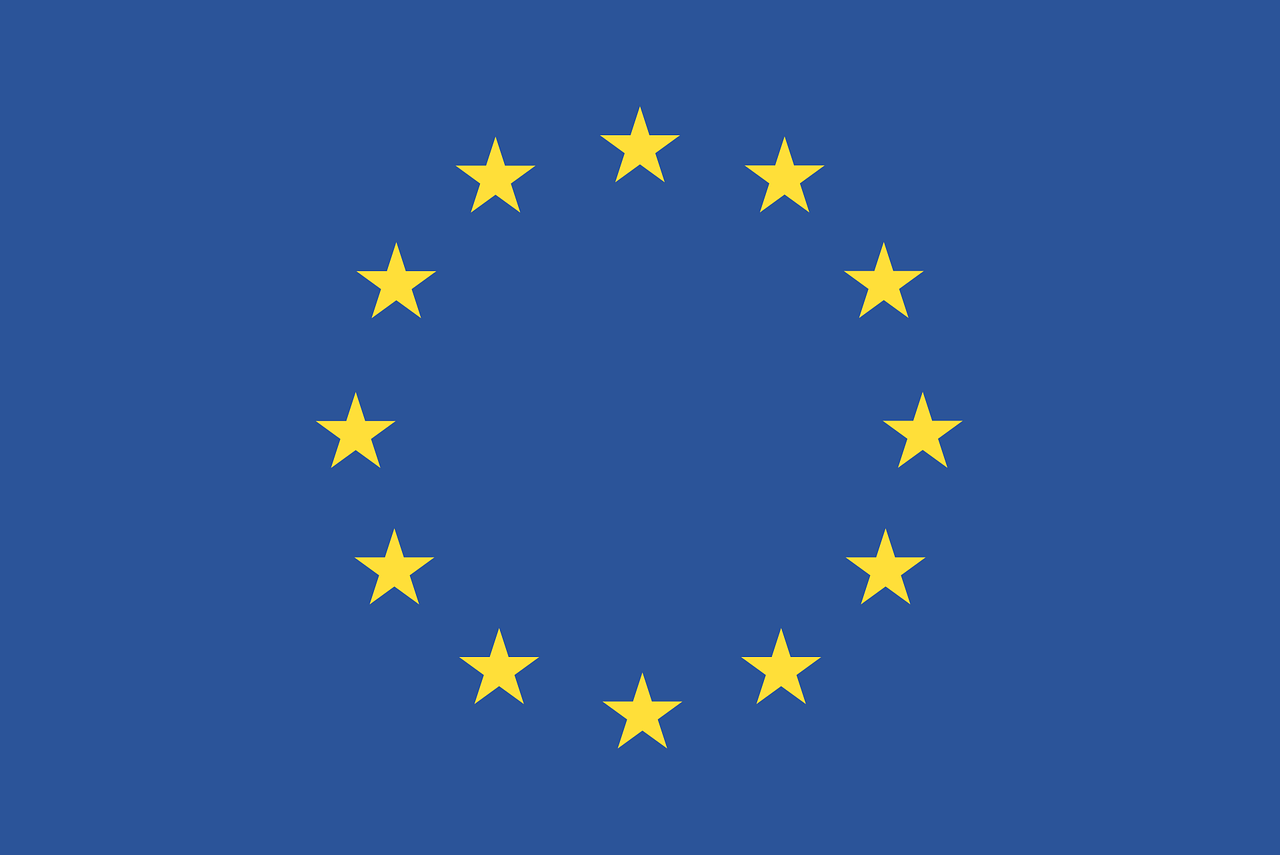The EU Circular Economy Stakeholder Conference Blog
by Ellen Thornton at 08:41 in Circular Economy, Emerging, Environmental
On the 20th and 21st February, the European Commission held an EU Stakeholder Conference on the circular economy. The conference aimed to address the challenges and opportunities in delivering the circular economy through plenary sessions, a number of break out sessions and keynote speeches.

The first plenary session discussed the EU Strategy for Plastics and what the next steps are. In many cases, industry is leading the way in Europe with requests to place a landfill ban on plastics and calls to increase the markets of recycled materials. For implementation, competition within industry is often far more effective than regulations and we have seen many pledges made by retailers, such as Iceland who aim to be plastic free by 2023. Panellists pointed out the need for organisational change and social innovation which isn't explicitly covered by the Strategy. Consumers aren't widely educated on the circular economy, it is the general view that plastics are easily recyclable and that is the best option. There is a need to raise awareness of the waste hierarchy within retail and hence to consumers also to focus more on prevention and reuse, rather than recycling. There have been mentions of a ban on single use plastics, however this could have a negative impact on the food industry where there is a strong reliance on plastic.
In a following breakout session, chemicals product waste and achieving non-toxic materials flows and the circular economy were discussed by a panel. In a Communication and Staff Working Document, published in January 2018, the Commission assesses how EU rules on waste, products and chemicals operate together and relate to each other. In order to improve the uptake of recycled materials, we need to promote non-toxic materials flows, address the presence of chemicals of concern in products and waste, limit burdens for recyclers and facilitate the traceability and risk management of chemicals in the recycling process. The Commission's assessment found a number of barriers to a full circular economy and aims to open a broad discussion with all stakeholders on how to best address these issues. It has been found that information of substances of concern in articles is often lost when the article is discarded. As a result, it is unknown what substances end up in waste streams and these can be recycled into new materials. There is a need for the same regulatory standards for recycled materials as there are for virgin materials to reduce risks. Furthermore, there is a lack of consistency across Member States in classification of waste streams as hazardous or non-hazardous. The panel discussed how to achieve non-toxic material flows through better traceability of chemicals in products throughout their lifecycle. There also needs to be an acceptance in industry that not all materials can be recycled and products containing hazardous substances should be avoided in the first place.
Later on, in another breakout session, there were discussions concerning the EU's pledge in the Circular Economy Action Plan to examine options and actions for product policy framework to contribute to the circular economy. Panellists discussed how the various policy frameworks – chemicals, products, waste, etc. need to overlap to contribute to the circular economy. However, there was a clear consensus that one environmental commitment would not work for the whole packaging supply chain. Furthermore, there was agreement over the need to develop the market for recycled materials, possibly through implementing a requirement for recycled content. Globally, sustainability is becoming more important in industry due to potential financial opportunities to increase resource efficiency. Policy makers need to analyse and assess industry actions, many companies are making voluntary commitments where there is a need to track progress to inform and facilitate discussions to develop regulations.
The EU Circular Economy Package has initiated a change in industry which is slowly filtering down to consumers. Industries are keen for more regulations and environmental commitments tailor made to each stage in of the packaging supply chain. Furthermore, there needs to be stricter implementation of the REACH regulation regarding substances of concern in articles. It is very important that recycled materials do not contain unknown amounts of substances of concern with unknown risks. We look forward to seeing the next steps the EU takes towards achieving a circular economy. If you have any questions regarding the circular economy, please contact us here.
 Click here to receive regular updates on blog posts, webinars, and regulatory changes directly to your inbox
Click here to receive regular updates on blog posts, webinars, and regulatory changes directly to your inbox

